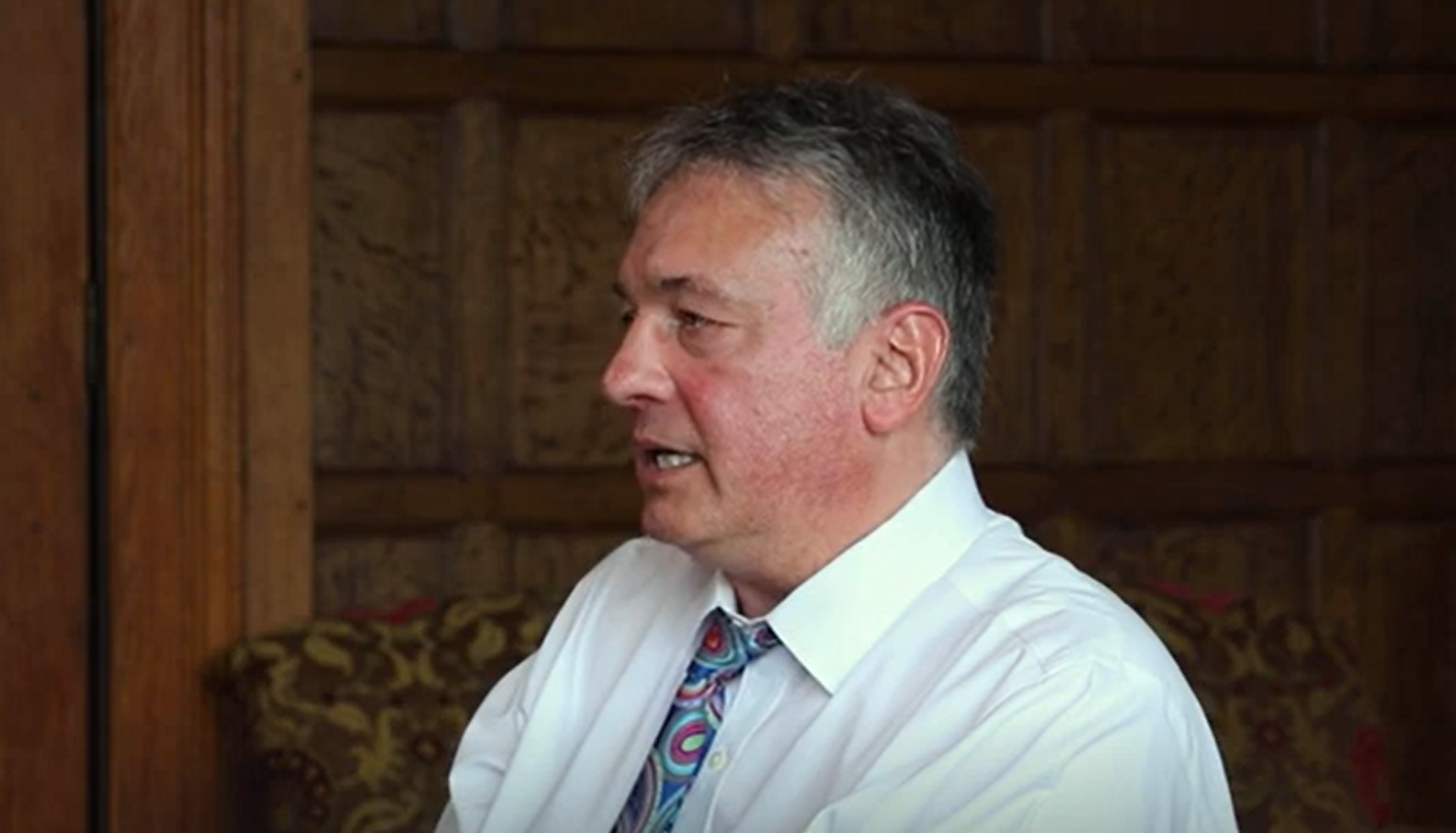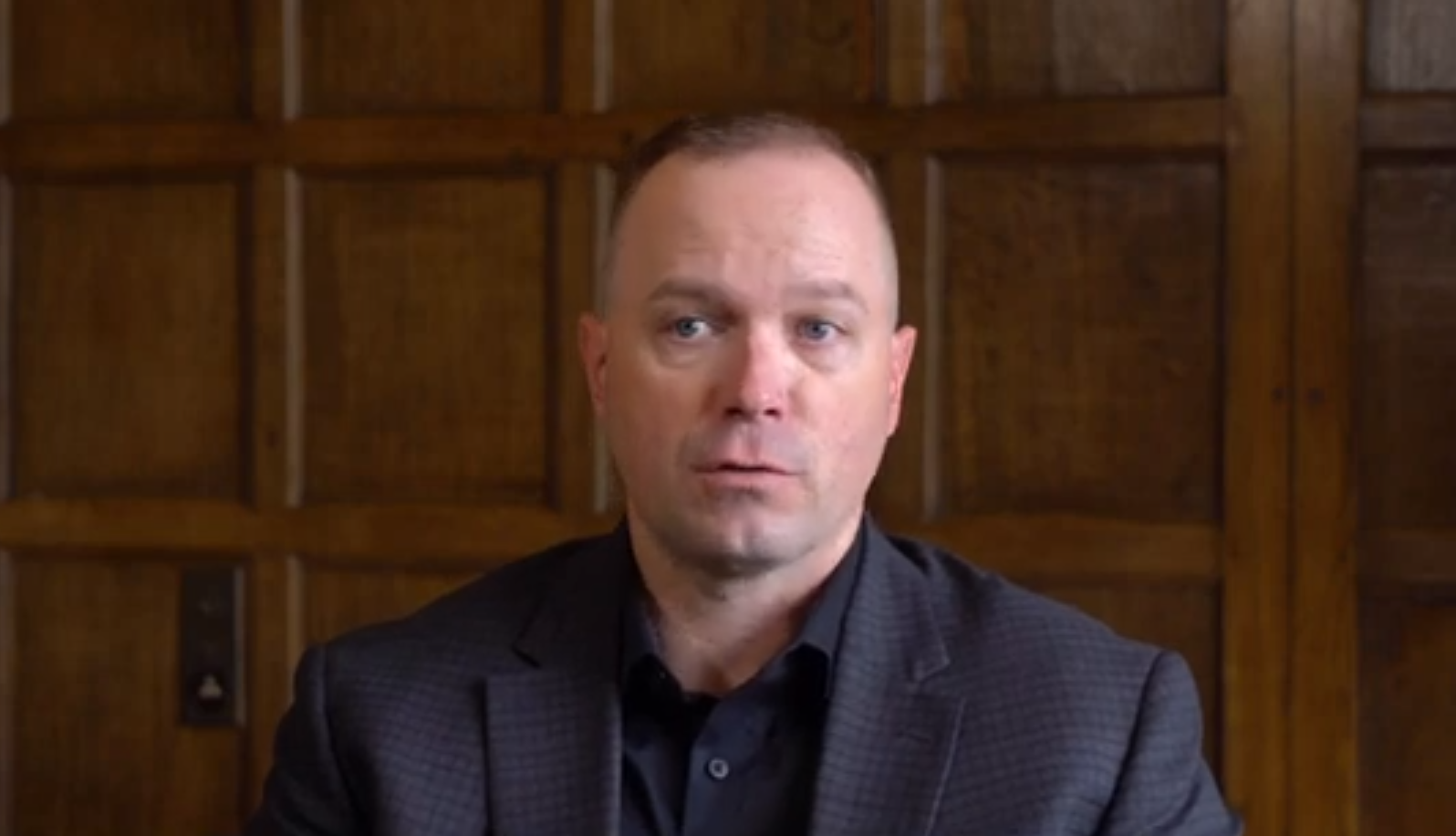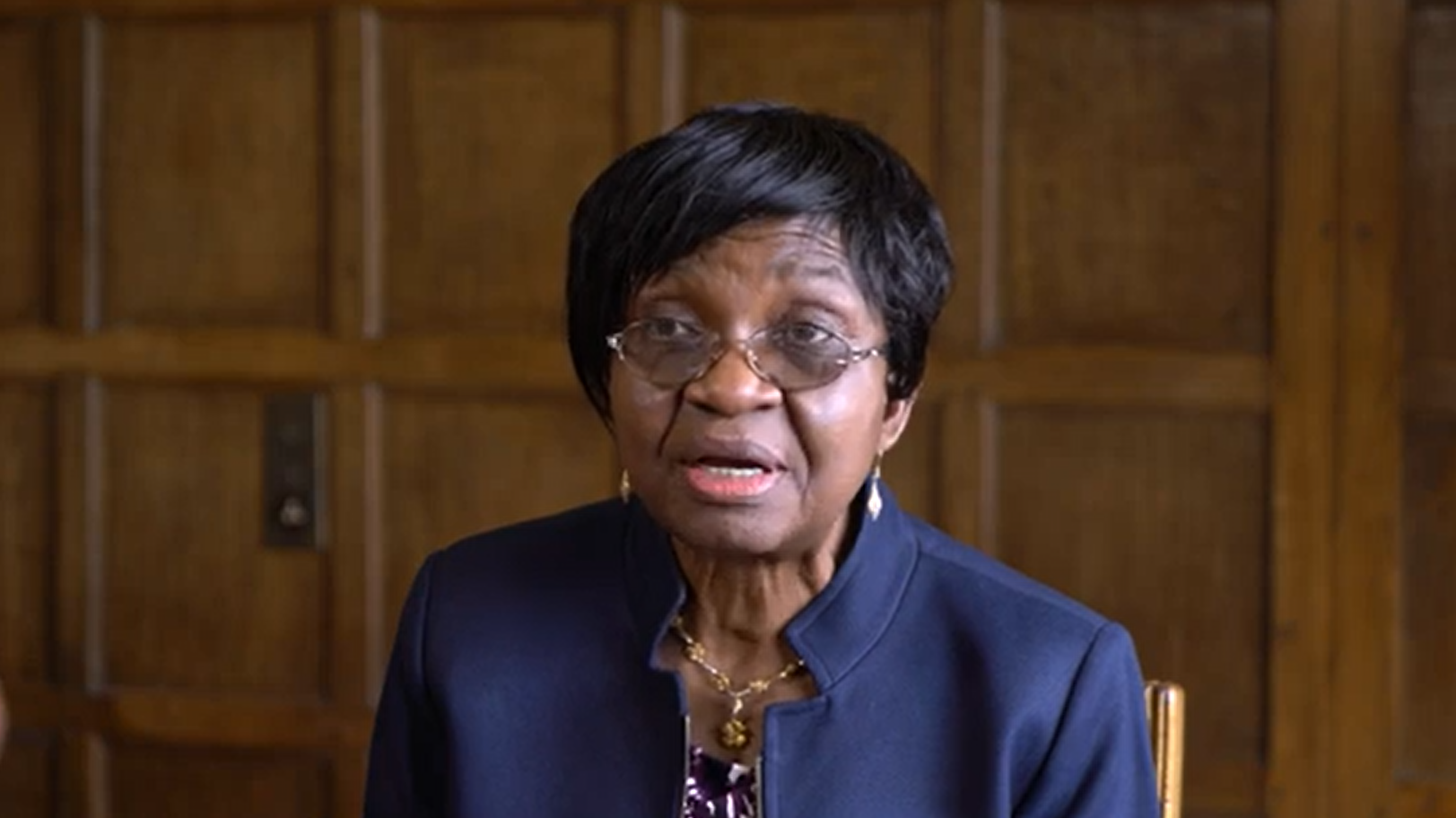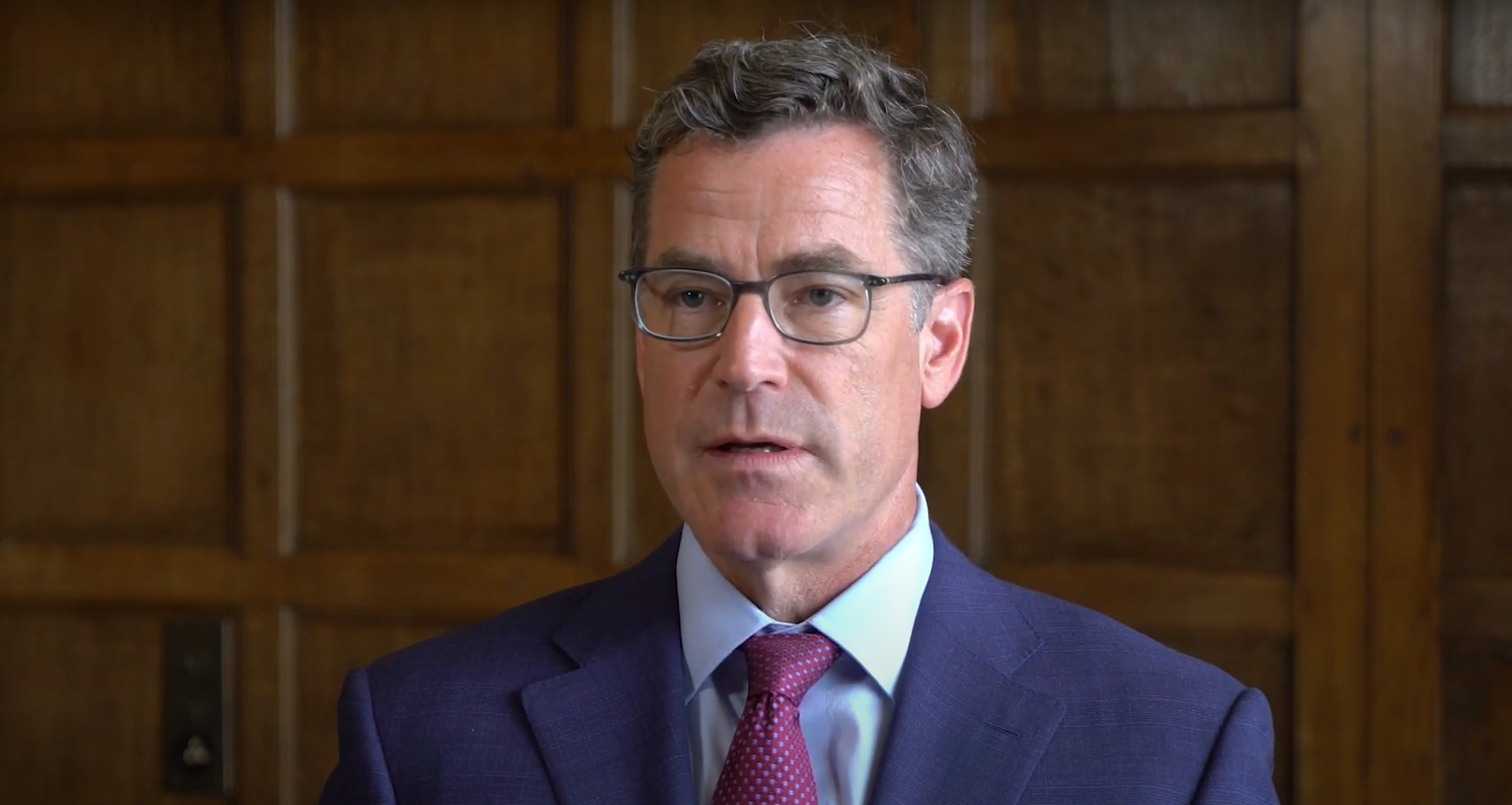This is the first in a series of events hosted by Wilton Park and Equal International to develop strategies to evolve the Global Public Investment (GPI) concept and transition it to reality. We bring together key thinkers and policy-makers to discuss how Global Public Investment for the Common Good (GPI-CG) can play a major part in building and implementing the Global Common Good Agenda (GCGA). Together we will identify opportunities and challenges and take the next step on our journey to cocreate a viable, equitable and effective model to address the global challenges of the 21st century.
Following several years of critical thinking and debate, experts from various fields, geographies and organisations cocreated the concept of GPI, arriving at the three principles that underpin it: all contribute, all benefit, and all decide equitably. With these principles, GPI supporters aim to embed equity and co-responsibility into existing international financial and governance architecture and overcome current shortfalls in global common goods. GPI is quickly gaining traction with policy-makers, civil society organisations (CSOs), governments and international organisations. There is now much attention on how GPI and its principles of cocreation can advance an agenda centred around protecting global commons and providing global public goods across critical areas, including health, climate change, food security and education.
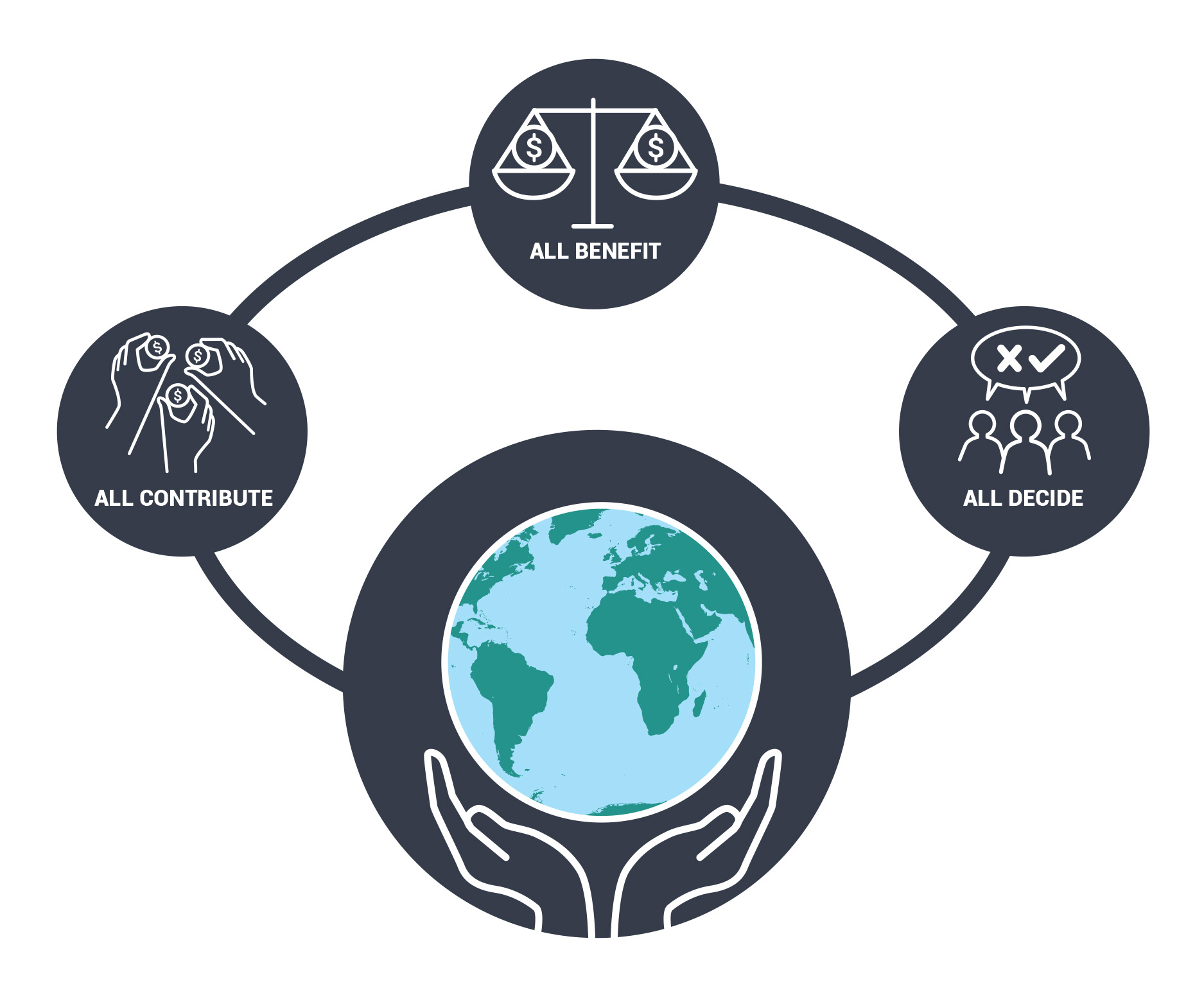
Unleashing the potential for a true GCGA requires urgent reform of international development cooperation. While GPI-CG presents an answer to the current failure to provide for global common goods, it is not intended to replace Overseas Development Assistance, which is often designed to achieve different ends and target specific countries (e.g., poverty reduction or humanitarian protection) rather than producing shared global outcomes.
GPI responds to internationally agreed goals, expanding international development cooperation and raising more and better money for global outcomes through equitable universal contributions, universal needs-based benefits, and inclusive decision-making. It assumes that every country shares responsibility in a publicly agreed, equitable global common good agenda. Its normative framework also recognises entrenched international inequalities; it considers that contributions must be weighted according to different capacities, and resource allocation must consider different needs.
Under the GPI framework, inclusive governance is essential to ensure targeted, transparent and accountable public investments. This framework requires an inclusive institutional set-up where all countries are represented regardless of the size of their contribution. Following GPI, these institutions must ensure accountability to the people they serve and prioritise the common good over particular interests.
In this series of events, the High-level Thought Leaders’ Working Group on GPI will revisit, unpack and further develop the GPI concept. It will flesh out the value proposition of GPI to decision-makers, and assess the political complexities, diplomatic intricacies and technical obstacles. The Working Group will provide concrete and actionable recommendations to evolve GPI from a normative foundation into a solid political and actionable programme that will gain political traction, benefit all nations and have the potential to meet the needs of people and the planet.
Briefing paper
This paper contributes to current policy-makers’ debates about Global Public Investment (GPI). By emphasising its dimensions of ‘globalness’ and ‘publicness’, the paper argues that GPI could play a major role in building and implementing a Global Common Good Agenda (GCGA). It is organised into four sections — the first deals with the need for GPI and the difficulties encountered in building the agenda. The second discusses the financial requirements for its implementation. The third section presents the main dimensions of the GPI concept and its potential for GCGA financing. Finally, the fourth section presents the incentives and costs related to adopting GPI in different country groups.
About Equal International
Having convened the Expert Working Group on GPI, which concluded that the principles of ‘all contribute, all benefit, all decide’ can be the basis for cooperation in raising and disbursing the significant resources needed to address common challenges, Equal is partnering with Wilton Park and Southern-based think tanks to convene a ‘political cocreation’ process to support the adoption of a new framework. Equal will share insights and outputs from this cocreation process and link with the work of other stakeholders and networks more broadly to support cross-sector collaboration and advocacy. Click here to learn more.
In partnership with:









